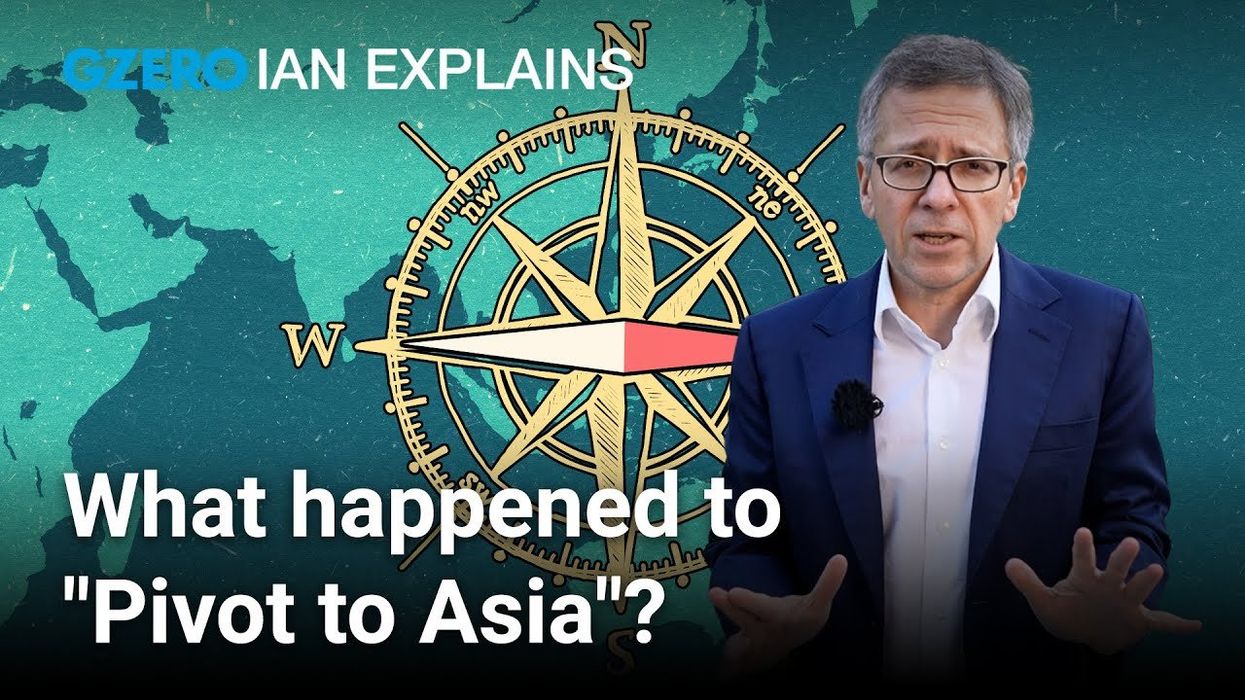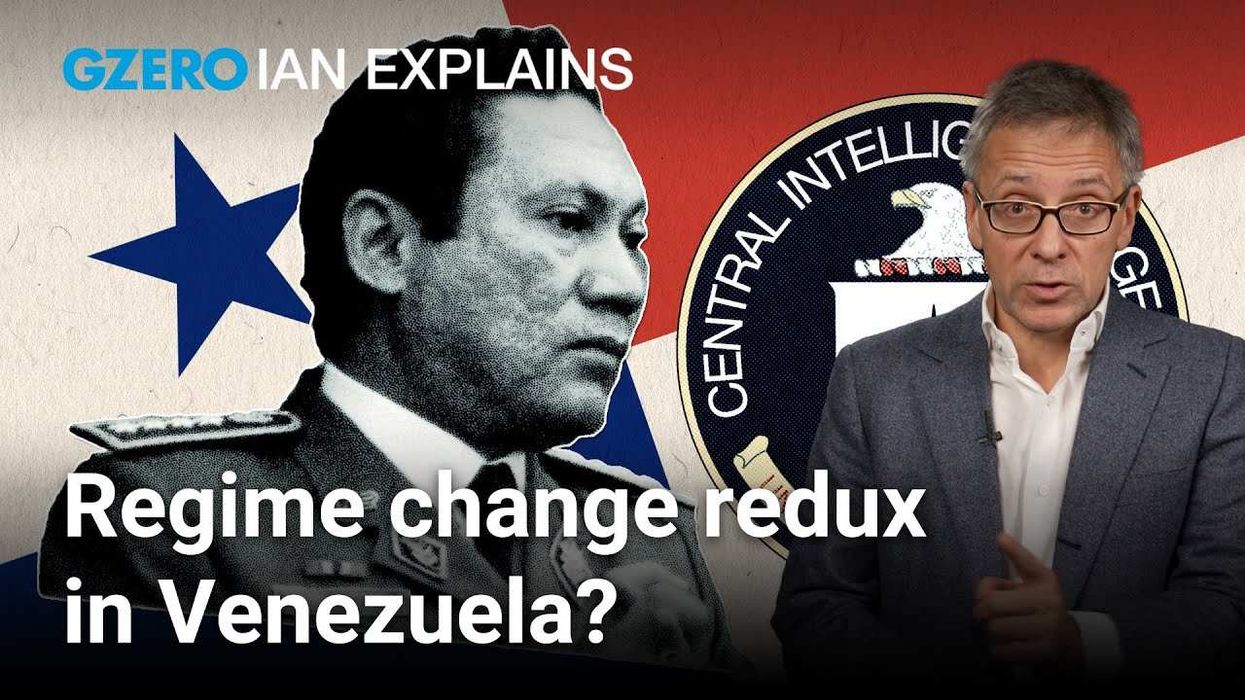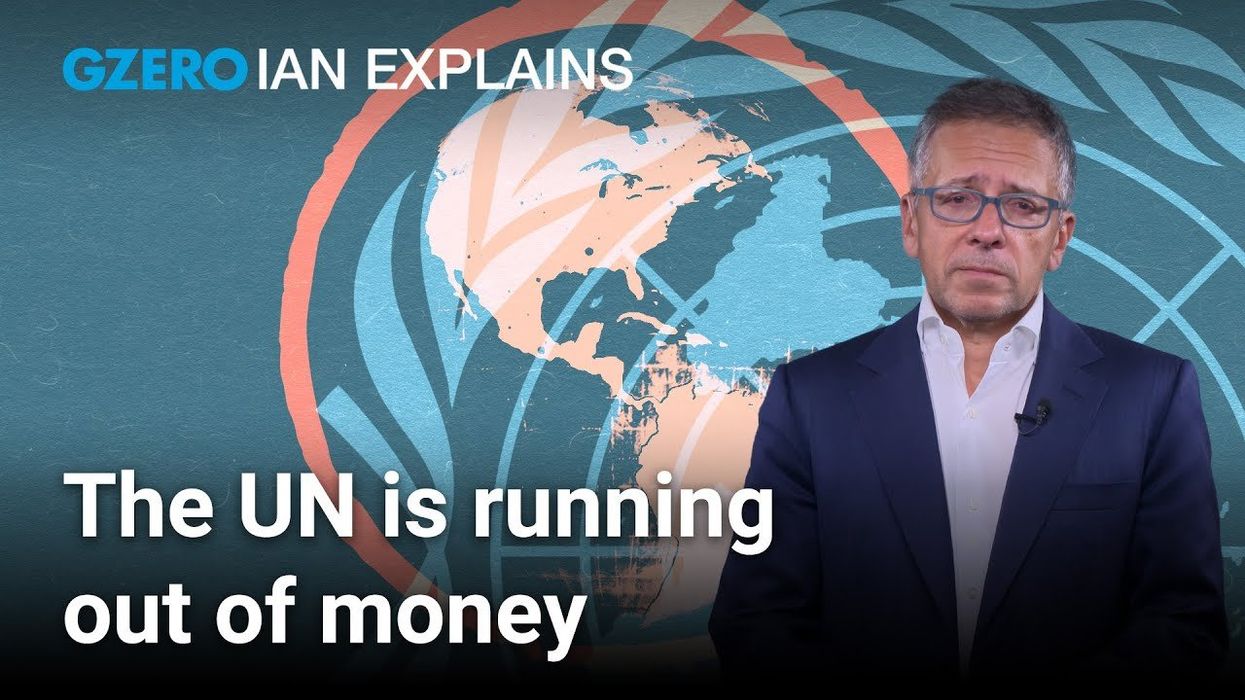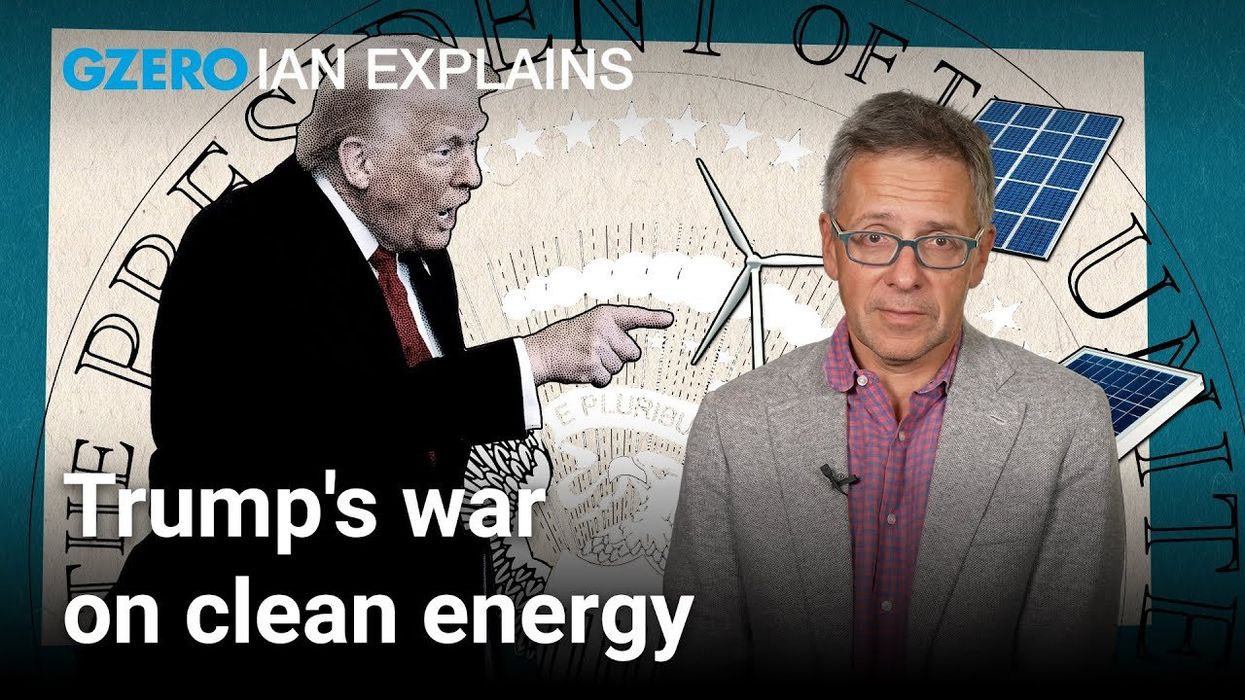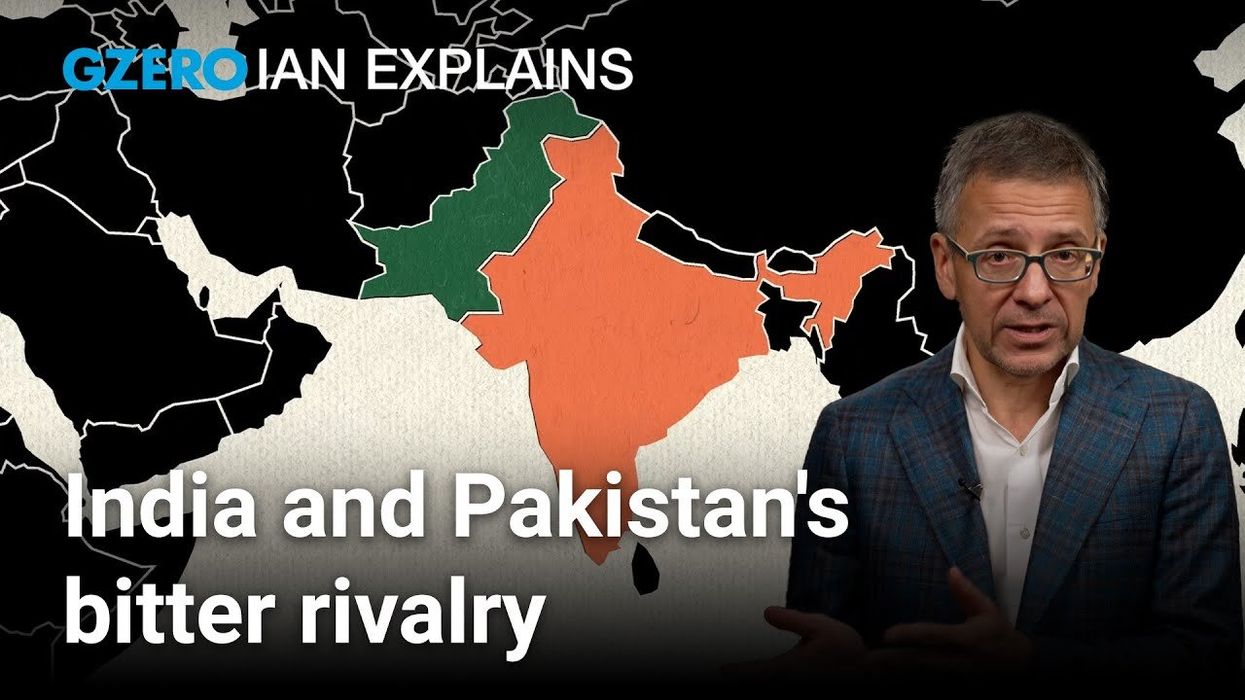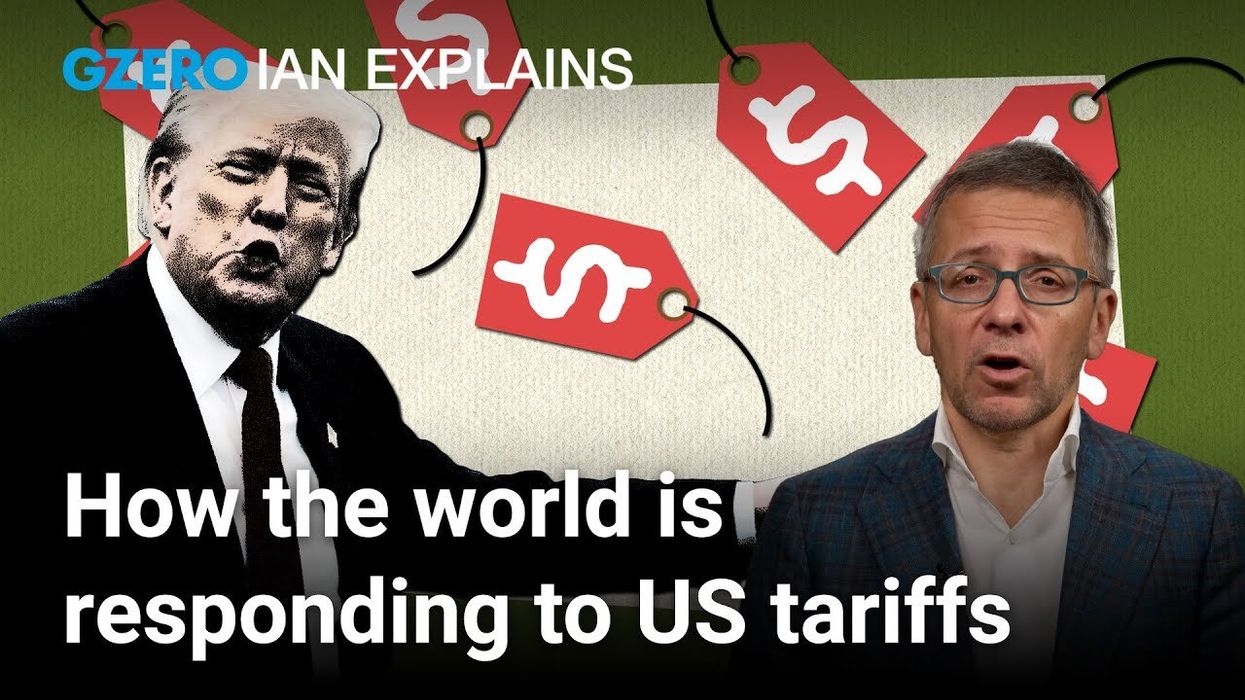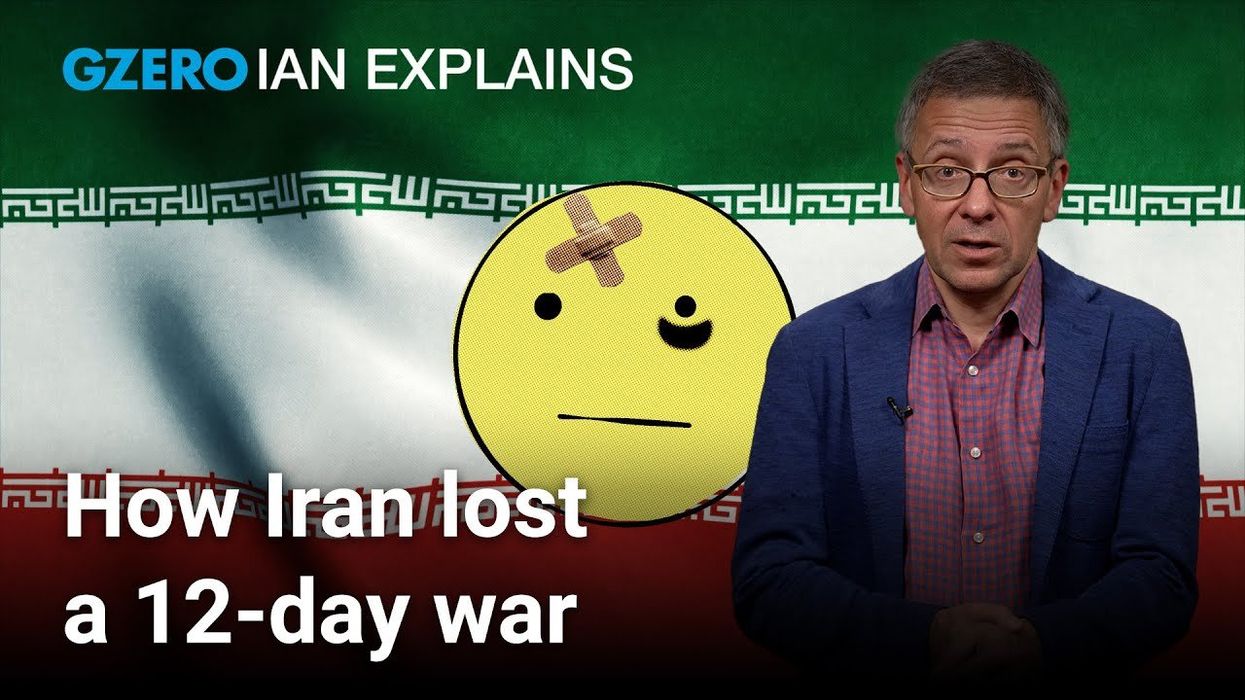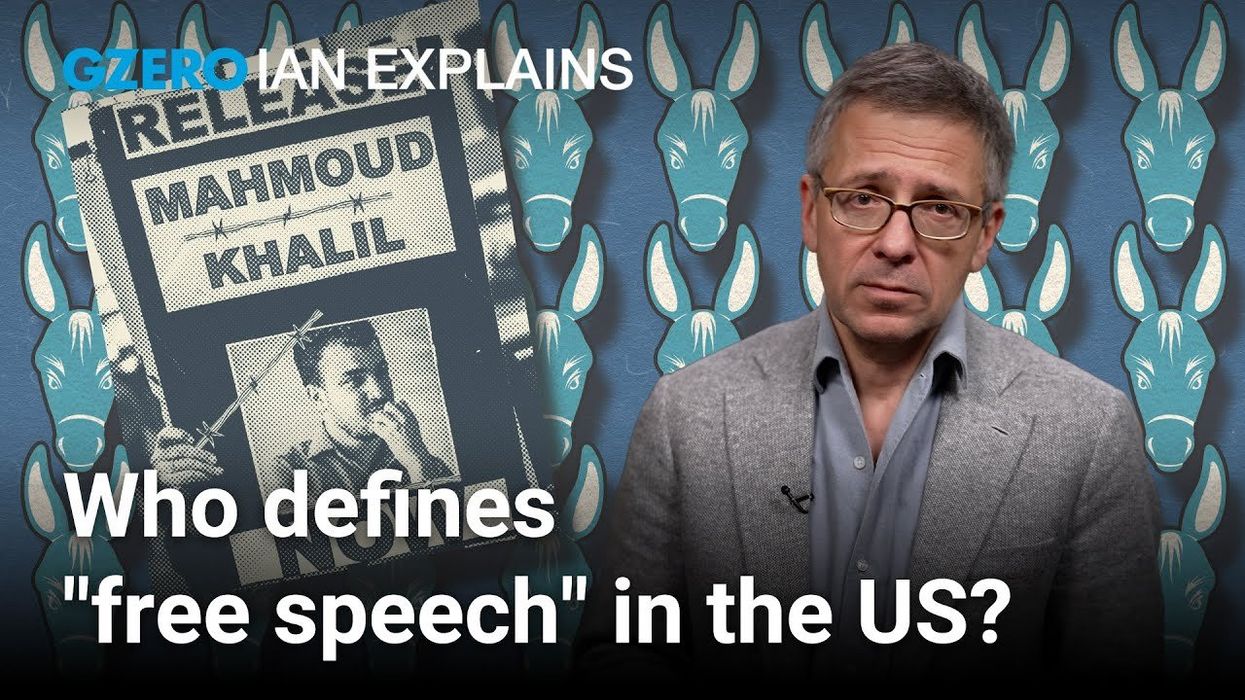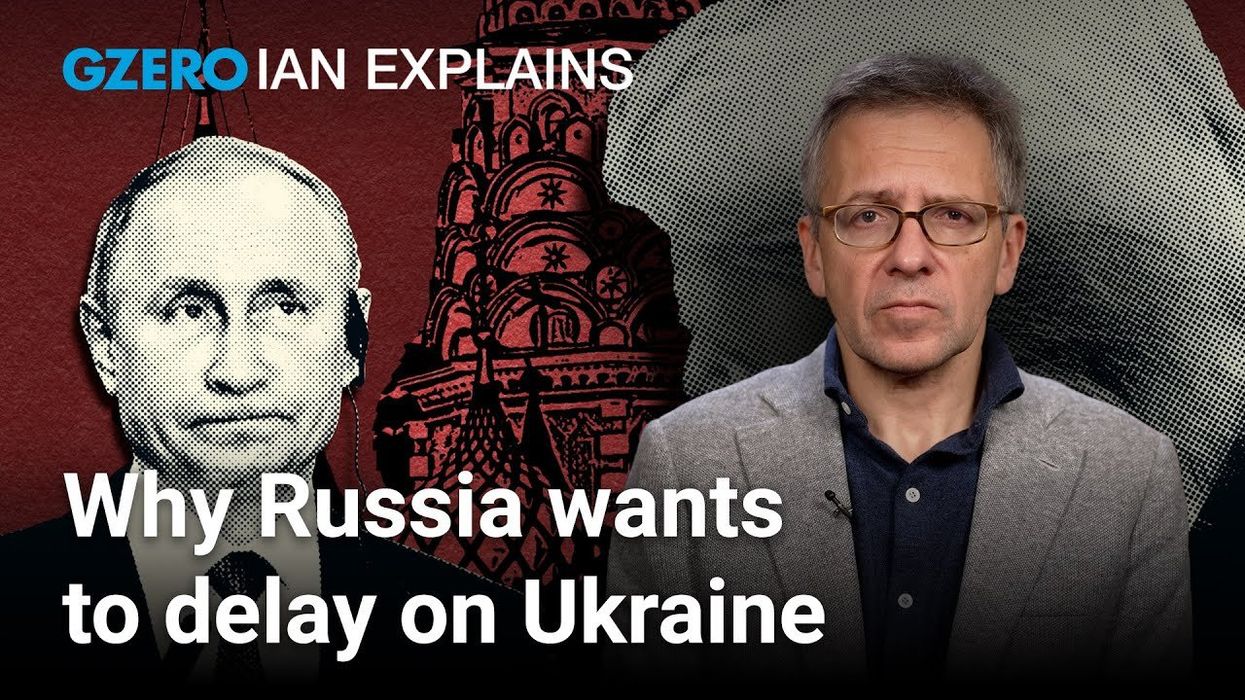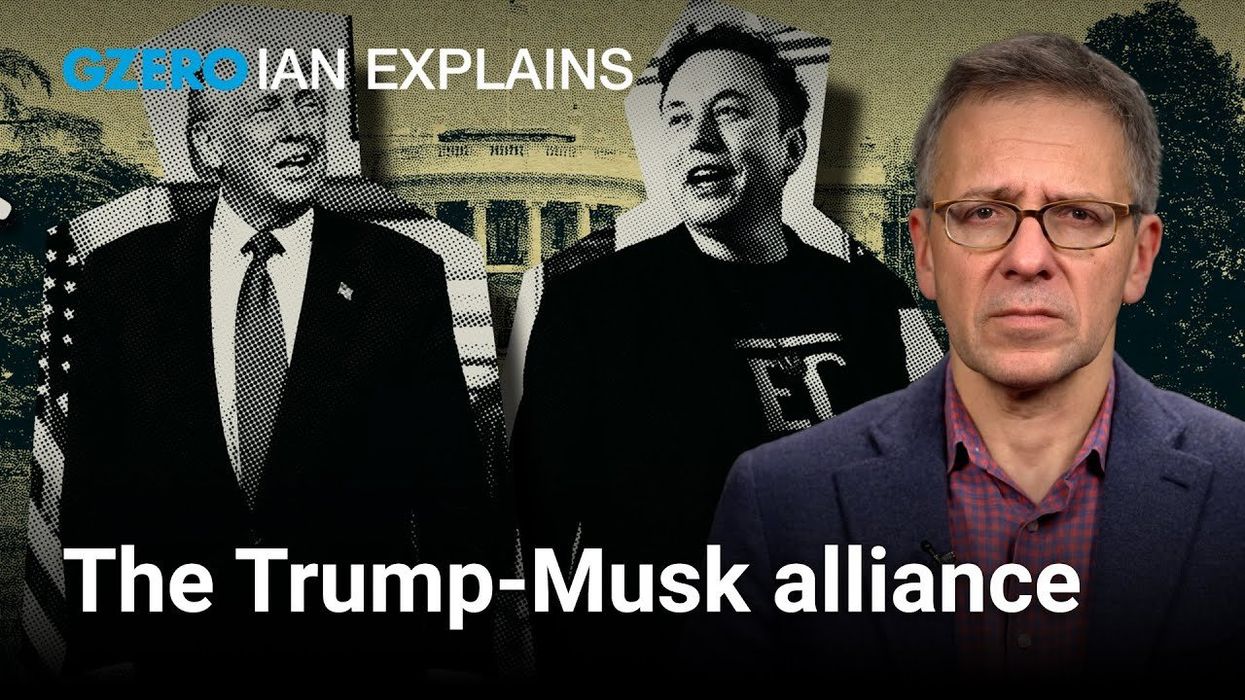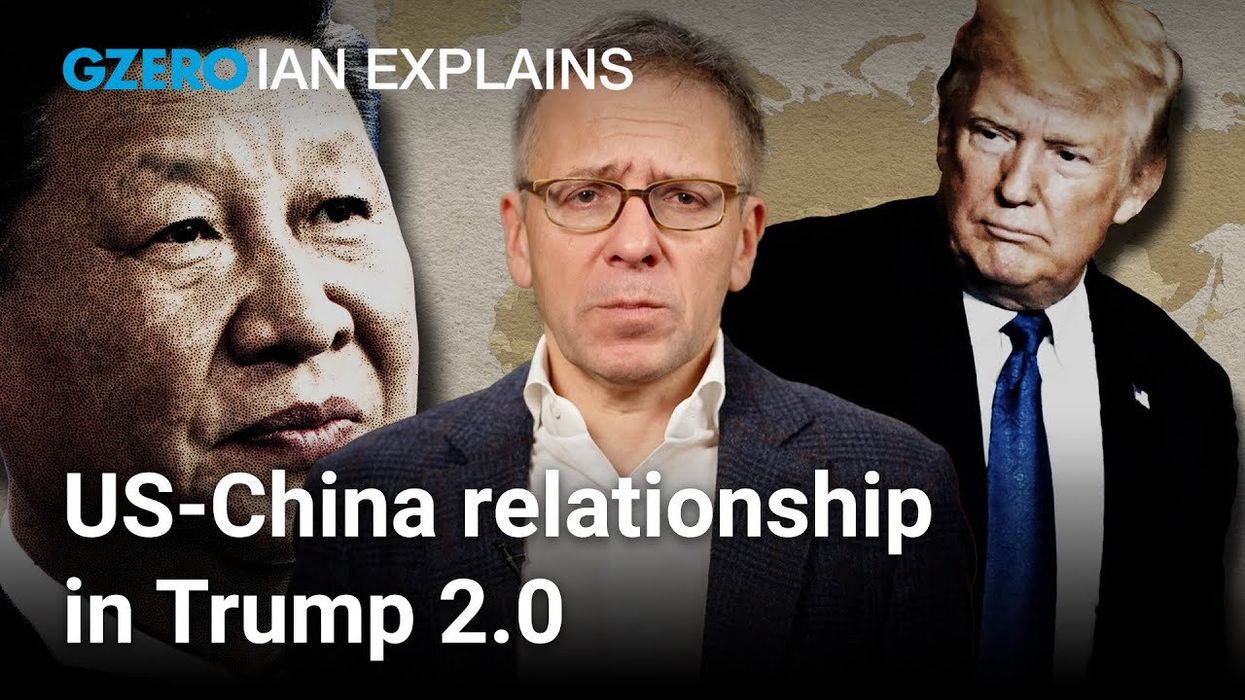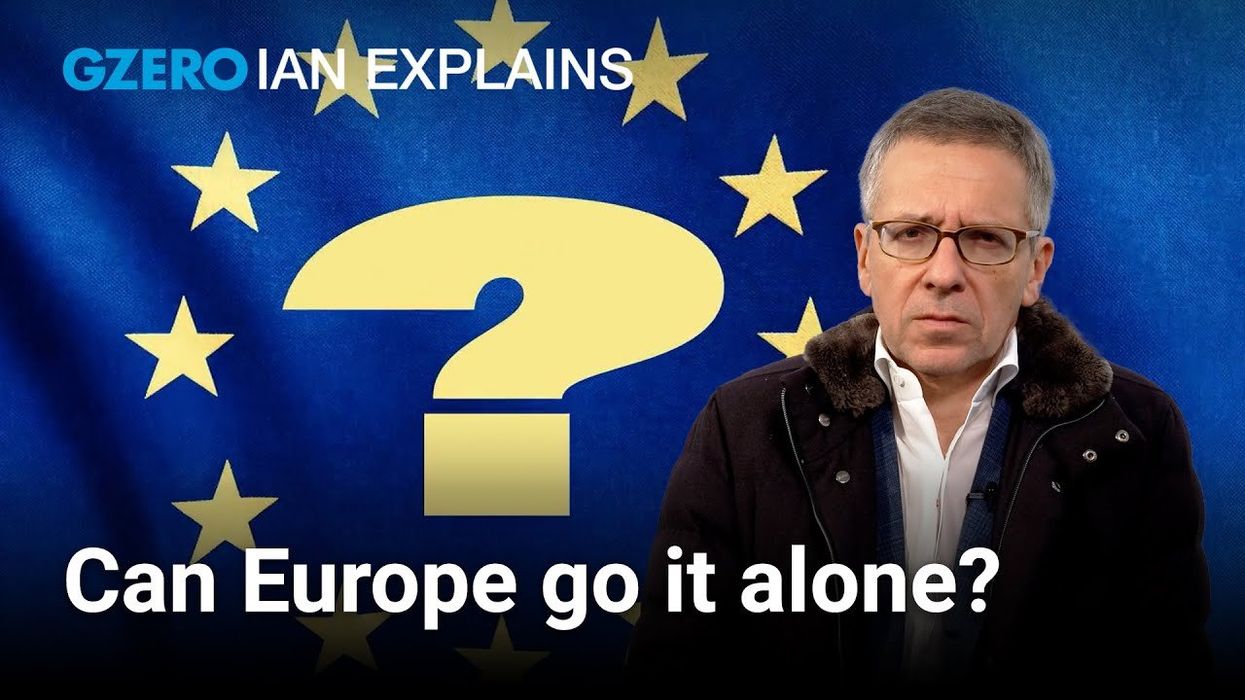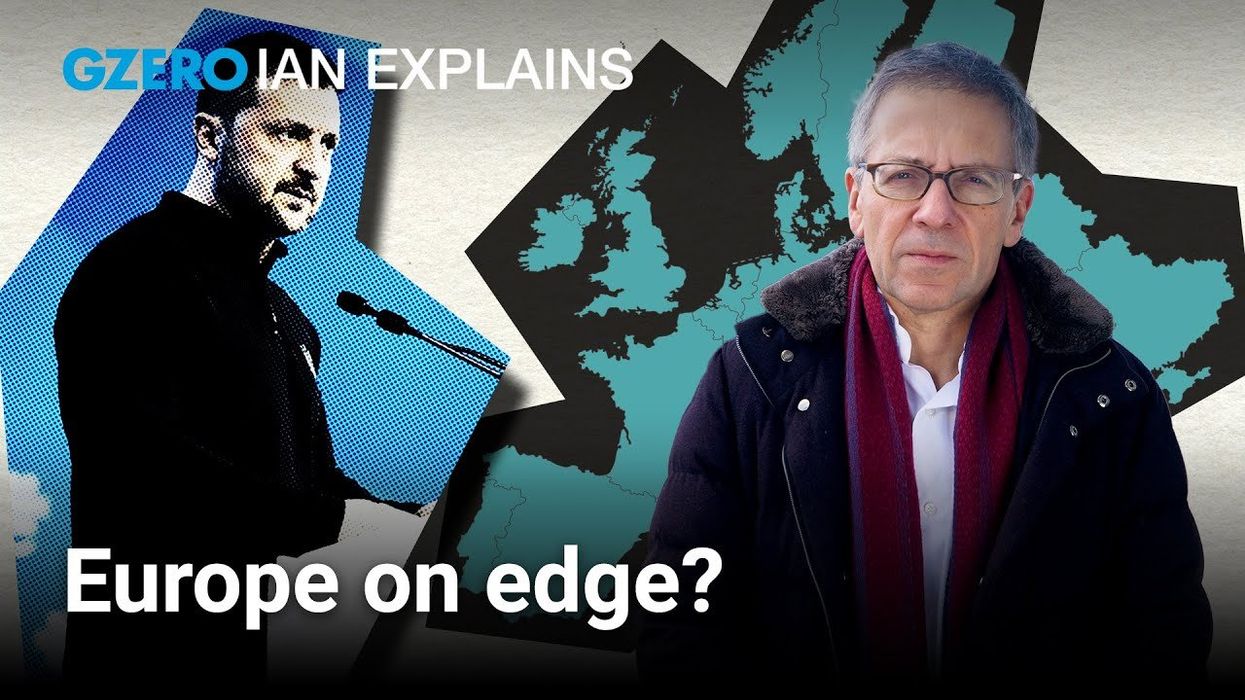VIDEOSGZERO World with Ian BremmerQuick TakePUPPET REGIMEIan ExplainsGZERO ReportsAsk IanGlobal Stage
Site Navigation
Search
Human content,
AI powered search.
Latest Stories
Sign up for GZERO Daily.
Get our latest updates and insights delivered to your inbox.
Global Stage: Live from Munich
WATCH RECORDING
Why can't the US seem to focus on the Asia-Pacific region instead of the Middle East?
In November 2011, President Barack Obama laid out his vision for America’s expanded role in the Asia-Pacific region, which soon became known as the "pivot to Asia.” American foreign policy, Obama announced, would be shifting its focus away from costly wars in the Middle East and towards strengthening partnerships in the Asia-Pacific to curb a rising China. In short, America’s 21st-century foreign policy would be pointed firmly to the East.
Fast-forward to 2023, and America’s “Pivot to Asia” is a little more complicated. The Israel-Hamas conflict, which could quite easily spiral into a larger regional war with the US and Iran, is only the latest example. And though not in the Middle East, the war in Ukraine remains one of the biggest and most expensive US foreign policy priorities. This is not, in short, the 21st-century foreign policy vision that President Obama had in mind.
And yet, if you talk to any American national security official, they’ll tell you that China’s rise remains Washington’s main national security challenge – after all, America’s biggest global rival is also one of its largest trade partners. That’s just one of the many reasons that President Biden and Chinese President Xi Jinping met at the sidelines of the Asia Pacific Economic Forum in San Francisco last month.
If the US is ever going to fully “pivot to Asia,” they must bring Japan along for the ride.
So, will 2024 be the year that the United States government makes good on decade-old pivot-to-Asia promise?
Watch the upcoming episode of GZERO World with Ian Bremmer on US public television (check local listings) and at gzeromedia.com/gzeroworld.
Keep reading...Show less
More from Ian Explains
Why the world is becoming more violent than ever
December 19, 2025
Can we still trust Wikipedia?
December 12, 2025
Will AI replace human workers?
December 05, 2025
Could the US pull another Panama in Venezuela?
November 21, 2025
Is the AI bubble about to burst?
November 14, 2025
What the US can learn from China's infrastructure boom
November 07, 2025
Is the future of AI physical?
October 24, 2025
The state of America's political parties
October 17, 2025
Can Israel become a "super-Sparta?"
October 08, 2025
How Russia overtook Ukraine's drone advantage
September 26, 2025
The UN is running out of cash. Can it reform before it's too late?
September 22, 2025
Will Trump's energy policies set back climate progress?
September 12, 2025
50 years of the war on cancer
September 05, 2025
The broken system behind the refugee crisis
August 22, 2025
Why India and Pakistan can't get along
August 15, 2025
Trump's tariffs are already changing global trade
August 01, 2025
Do nuclear weapons make a country safer?
July 11, 2025
Israel, Iran, and the US went to war. Now what happens?
July 05, 2025
How China would seize Taiwan without firing a shot
June 06, 2025
What is artificial general intelligence?
May 16, 2025
50 Years on, have we learned the Vietnam War's lessons?
April 25, 2025
Will Trump pressure Putin for a Ukraine ceasefire?
April 11, 2025
Will the Trump-Musk relationship last?
March 28, 2025
Did Wall Street get Trump wrong?
March 21, 2025
What is President Trump's stance on China?
March 14, 2025
Russia’s next target? Why the Baltics are wary of Putin
February 28, 2025
Can Europe defend Ukraine without US support?
February 22, 2025
Trump to Gazans: Does it matter where you live?
February 15, 2025
What's behind RFK Jr.'s "Make America Healthy Again" movement?
February 07, 2025
Is Europe ready to embrace Trump's return to power?
January 31, 2025
What does Big Tech want from Trump?
January 17, 2025
GZERO Series
GZERO Daily: our free newsletter about global politics
Keep up with what’s going on around the world - and why it matters.

